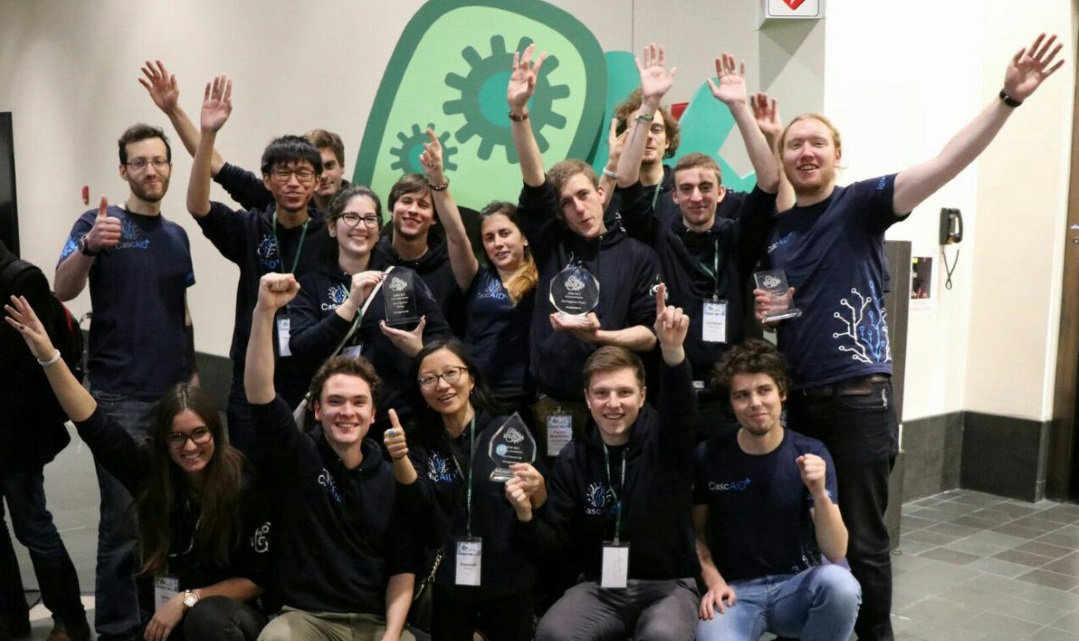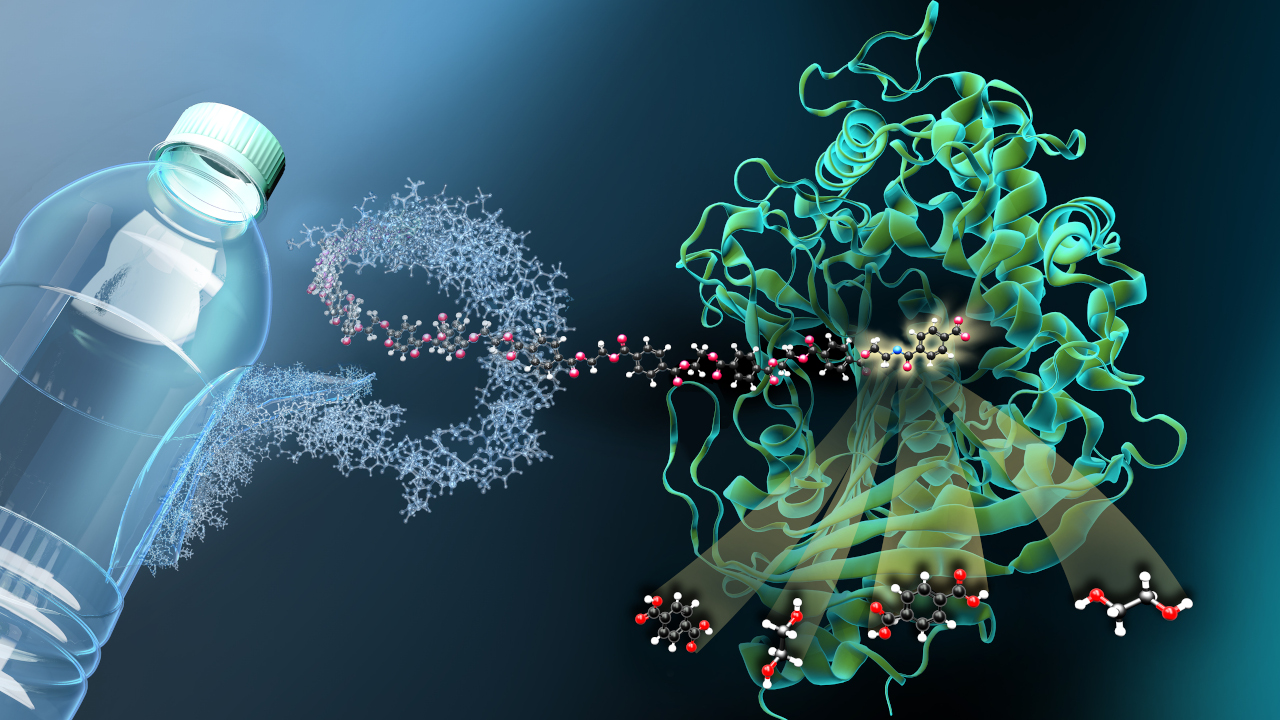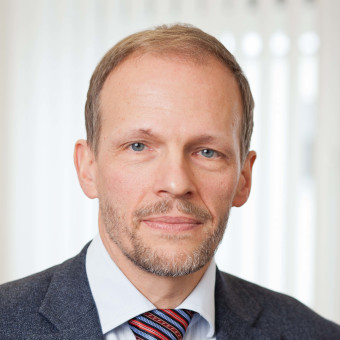German iGEM teams big in Boston
The 15 German teams at the finals of the iGEM competition for synthetic biology did very well: no overall win, but they received eight gold, three silver, and three bronze medals.

The International Genetically Engineered Machine (iGEM) Foundation is an independent, non-profit organization dedicated to education and competition, the advancement of synthetic biology, and the development of an open community and collaboration. There are three main programmes under the umbrella of iGEM: the iGEM competition - an international team competition made up of predominantly undergraduate students interested in the field of synthetic biology; the Labs Program - a program for academic labs to use the same resources as the competition teams; and the Registry of Standard Biological Parts - a growing collection of genetic parts use for building biological devices and systems.
Lithuanian and Dutch teams are overall winners
The final of the annual iGEM competition took place at the HynesConvention Centre in Boston, Massachusetts. Over the last few years the German teams have always performed very well here, and the winning streak continued on this year as well: Out of 15 teams that travelled to Boston with and projects, eight received a gold medal, three silver, and three were awarded a bronze medals. The overall winner of the iGEM- undergrad competition was the Lithuanian team from Vilnius, while the Dutch team from the Delft University of Technology was the overall winner of the iGEM graduate competition.
Phages and gene editing awarded
The team from Heidelberg developed a molecular tool kit based on phages that can be applied for protein design („The Phage and the furious“). Moreover, the team had developed a computer programme based on artificial intelligence. The jury appreicated such innovative ideas: a total of six special achievement awards were awarded to the Heidelberg team.
Team Munich presented another hot topic amongst molecular biologists: the gene editing tool CRISP-Cas. They developed a rapid diagnostic test to detect multi-resistant bacteria with this tool (CascAID+). Among other categories the Munich team won the special achievement award for best diagnostic project and best hardware.
Record participation for German team
Among the 15 excellent German teams was also the team from CeBiTec in Bielefeld, who presented their work that “expands” the bacteria genome in order to generate new amino acids. For their groundbreaking and novel innovation they received a special achievement award. They are the only German team that has participated in the iGEM competition for eight consecutive years. In addition to the teams from Munich, Heidelberg, and Bielefeld a number of other German teams were also awarded: The teams of TU Dresden, Aachen, Berlin, and Freiburg also received a gold medal, each. Projects at TU Darmstadt, from team Franconia (Erlangen-Nürnberg) and Hamburg were each awarded with a silver medal. And teams from Stuttgart, Tübingen, and Köln-Düsseldorf each received a bronze medal.
jmr/pg


